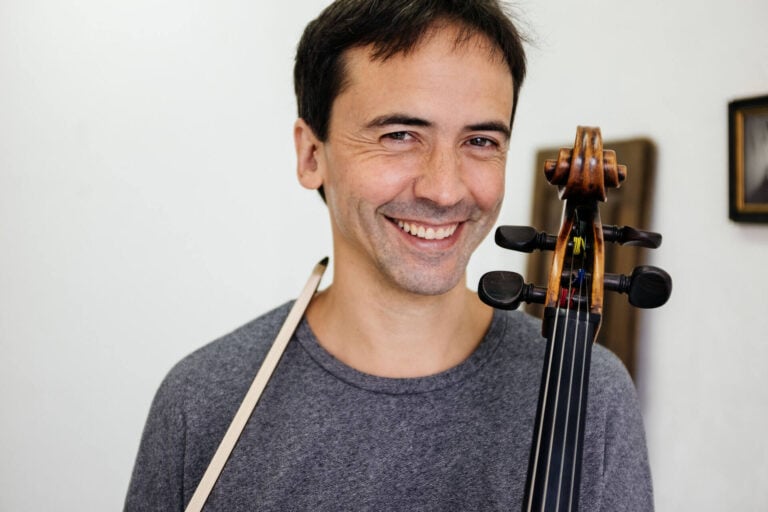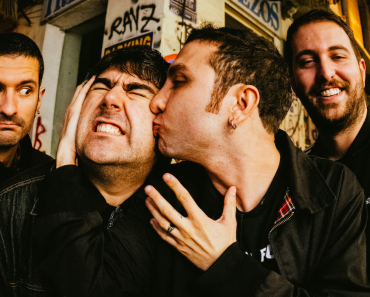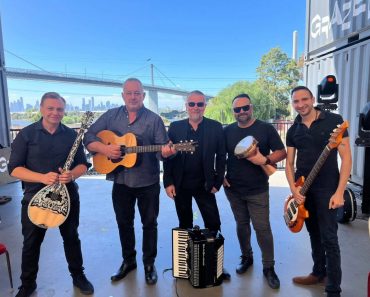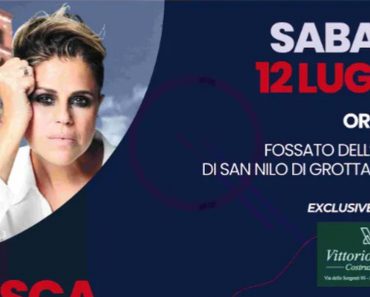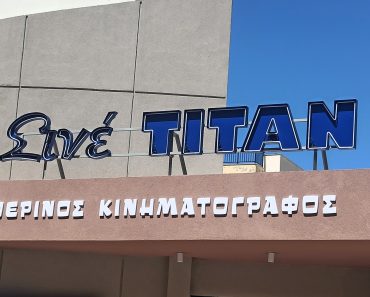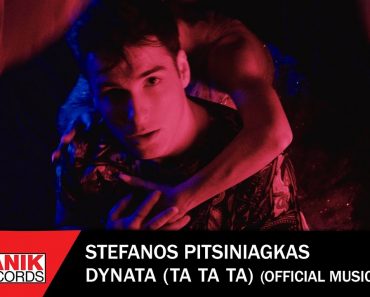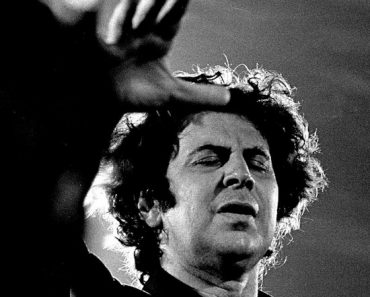Kalamata Music Days 2025: A Festival Bridging Centuries of SoundFrom medieval chants to experimental jazz, the International Kalamata Music Days returns for its ninth edition from August 24 to September 6. Its focus is to offer a diverse and, at times, unexpected line-up of performances in southern Greece.
Held at the Ekklesiasterion of Ancient Messene and the Alternative Stage of the Kalamata Dance Megaron, the festival explores classical music beyond the Western canon, melding oral traditions, contemporary composition, and cross-genre experiments.
Since its launch in 2017, Kalamata Music Days has developed into a space for musical exchange, education, and collaboration. This year’s program, under the direction of music curators Indira Rahmatulla, Stathis Giftakis, and Dimitrios Lampos, includes concerts, masterclasses, workshops, and, for the first time, an International Young Artists Competition.
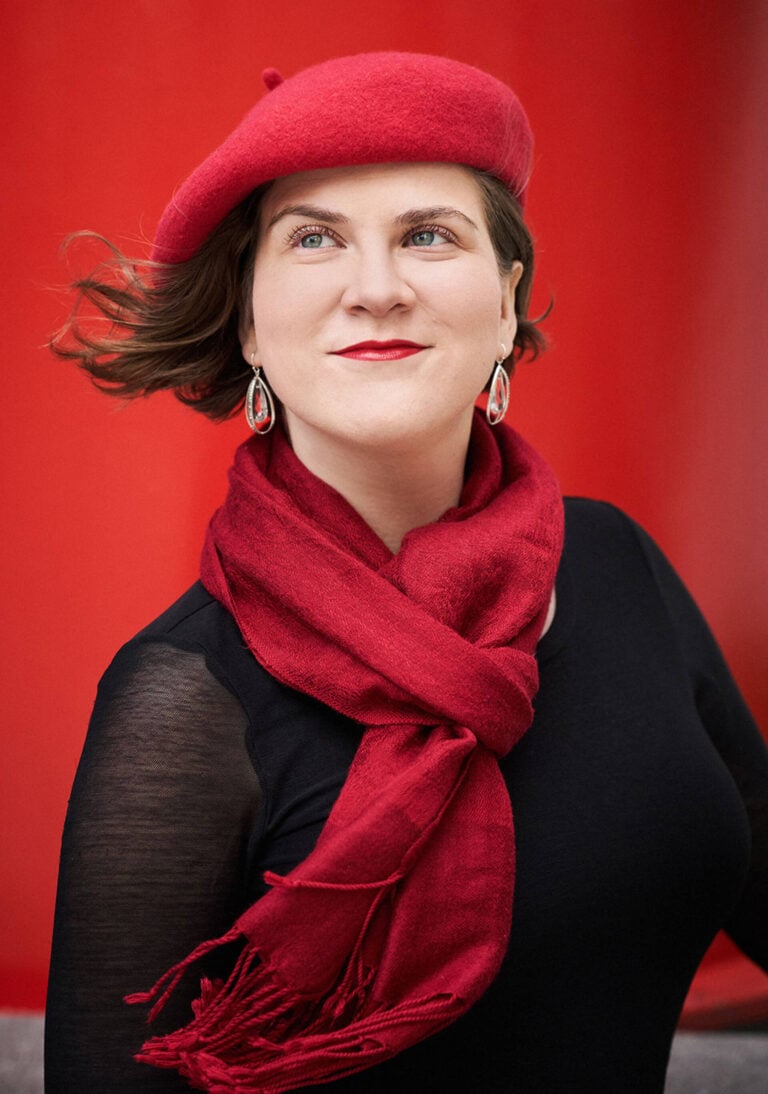
Ancient setting, contemporary sound
The festival is a palimpsest of sounds across genres, geographies, and histories—from Bach and Ravel to Balkan medieval chants, contemporary pop, and jazz improvisation. Some of the stars of this year’s festival include cellist Jean-Guihen Queyras, violinist Jonian Ilias Kadesha, mezzo-soprano Ema Nikolovska, and experimental duo Hugo Rannou and Emil Kuyumcuyan.
Groups like TRËI will present vocal works about women’s voices in history—wailing, healing, resisting—signalling a shift from strictly classical forms to more thematic, socially attuned performances.
The venues are just as eclectic. The Ancient Messene Ekklesiasterion, a restored Hellenistic theatre, hosts one of the headline performances, bringing together Queyras, Nikolovska, and Kadesha in a setting that blurs the line between past and present.
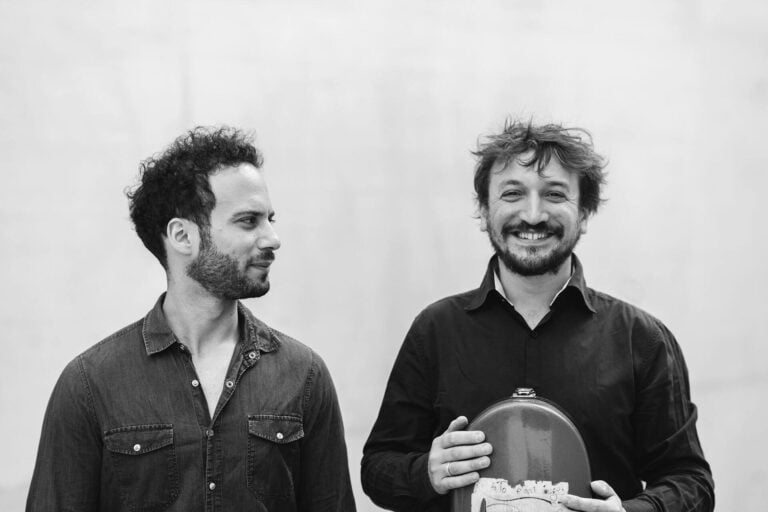
Music education at the core
Education is central to the festival’s ethos. Alongside the professional performances are several final concerts in cello, violin, piano, and voice, showcasing the work of participants in the festival’s masterclasses.
The new International Young Artists Competition adds another layer, aiming to connect emerging musicians with seasoned professionals and wider audiences. The final round, open to the public, features both lieder and chamber music works.
Highlights include; TRI i DVE performs a blend of Balkan musical traditions with violin, tambura, zurna, and accordion, Lycabettus Ensemble which delves into the Middle Ages, playing early instruments and interpreting oral traditions; and at the Ancient Messene, Queyras, Kadesha, and Nikolovska perform works by Bach, Saariaho, Ravel, and Villa-Lobos.
Kalamata Music Days sets itself apart from other music festivals by refusing to stay in one lane. The program engages the audience and invites them to draw connections between periods, styles, and geographies.
